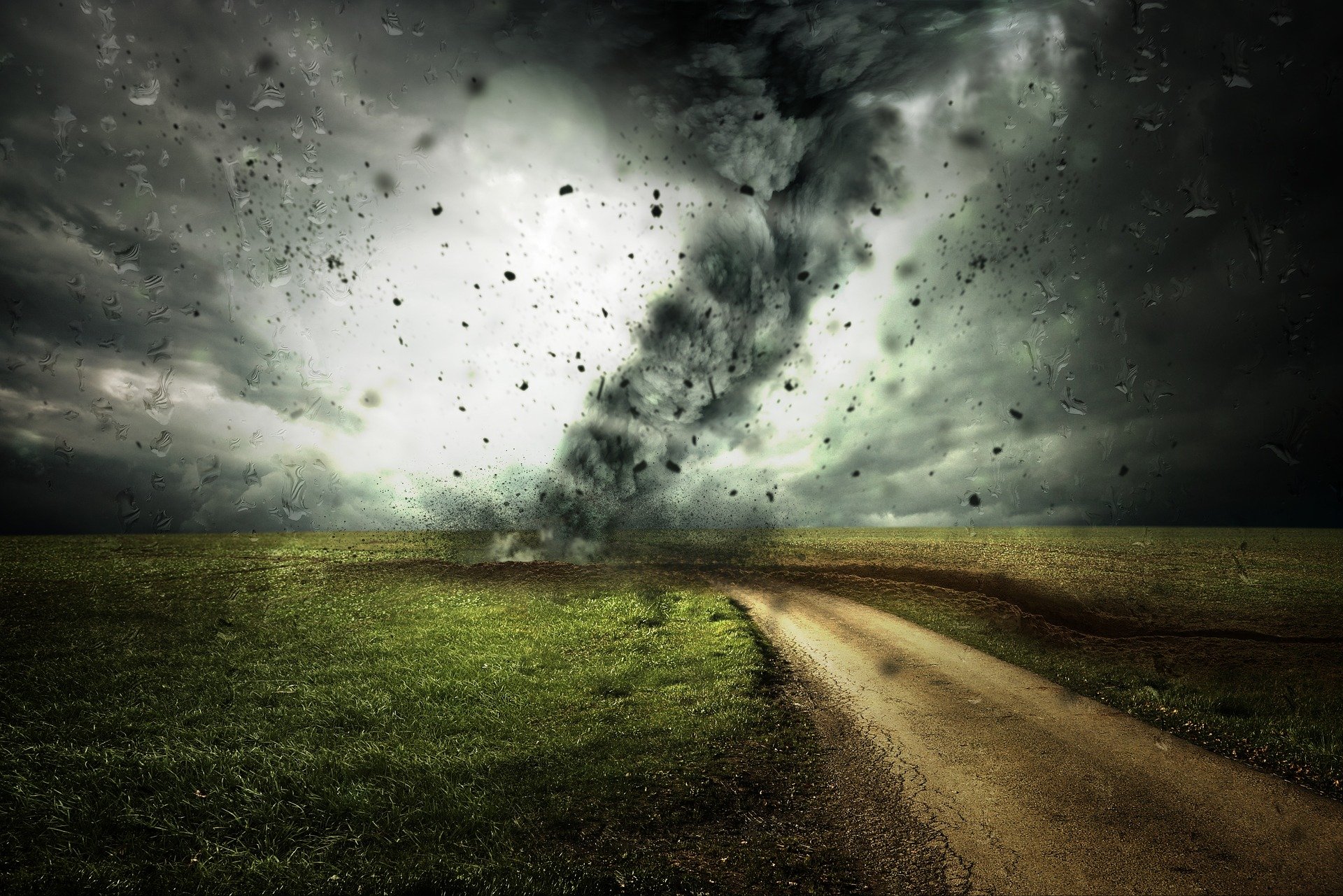IPCC experts warn that temperature rise will inevitably continue until 2050. The global average temperature increase is already at 1.1 degrees Celsius above pre-industrial levels; data support that it is too late to reduce this threshold and that it could worsen from 2050 onwards.
Sixth IPCC assessment report
The Intergovernmental Panel on Climate Change (IPCC) is the UN body for assessing the science related to climate change. Established in 1988 by the World Meteorological Organization (WMO) and the United Nations Environment Programme (UNEP), it provides governments at all levels with scientific information that they can use to develop climate policies.
The IPCC’s latest major status report disarms denialism and considers it “unequivocal” that humanity “has warmed the atmosphere, the ocean and the land“, generating “widespread and rapid changes“.
The study, from Working Group I of the IPCC’s Sixth Assessment Report, integrates the work of 234 experts from 66 countries and has reviewed more than 14,000 published articles and references to synthesize the physical effects that warming has already had and possible future scenarios depending on the gases emitted by mankind in the coming decades.
Human action
From this study it is clear from the scientific evidence that humans have already caused “unprecedented” changes in the climate over the last few thousand years and that in some cases they will be “irreversible” for centuries or millennia. In addition to the rise in average temperatures, extreme weather phenomena, such as heat waves and torrential rains that have been occurring in recent weeks in different parts of the world and have already increased in intensity.
Since 1990, evidence and studies on global warming have been accumulating, leaving a small window of doubt about the repercussions of human action. This remained the case until 2013, but eight years later any hint of doubt has been removed.
The director of the IFCA (Institute of Physics of Cantabria), José Manuel Gutiérrez, is one of the coordinators of the report who said: “The IPCC uses a calibrated language that has to do with probabilities and the available evidence. But human influence on climate no longer fits into any of those probability thresholds and is considered to be a proven fact that has no uncertainty. The evidence is now so overwhelming that there is no scientific doubt. This report uses such a categorical statement not to continue this debate; it is a fact and from there we are going to see how it affects and potential solutions”. It is “a paradigm shift“: “We have thrown out the possibilities and probabilities and concluded that it is a fact that warming is due to mankind”.
Code red
UN Secretary-General António Guterres called the report “a code red for humanity” and said that “the viability of our societies” depends on governments, businesses and citizens acting to limit the temperature rise to 1.5 degrees Celsius.
The Paris Agreement set the main objective of reducing emissions so that the increase in global temperature would be halted between 1.5 and 2 degrees Celsius. Several emissions scenarios are proposed for this century, all of which expect the 1.5 degree barrier to be exceeded in the next 20 years. However, the situation is not yet irreversible: in the most optimistic emissions’ scenario, it is still possible to achieve a temperature increase of 1.5 degrees at the end of the century. This target was set in previous reports at 2050, a date that seems unattainable at the present time.
It is therefore a crucial time to face irreversible changes and promote policies and actions that help us to change what we can. Large companies, such as Iberdrola, have been working for years on establishing policies to reduce emissions and focusing their efforts on boosting production through renewable energies.

